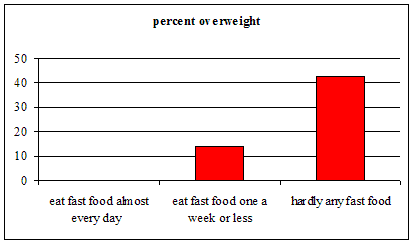Many political scientists view partisan gerrymandering as the worst flaw in our political system today, worse than campaign finance abuses or poor and biased journalism. By drawing districts that are reliably Democratic or Republican, incumbent politicians have basically stripped voters of their choice. In approximately 385 congressional districts, a vote really doesn’t matter, because the lines have been drawn to preclude competition. Since challengers have virtually no chance, they tend to be weak and under-qualified. In these districts, parties and interest groups make little effort to mobilize voters, so turnout falls. Also, there is little discussion and debate within such districts, so people who live there don’t grasp the diversity of opinion in America. They regard the debate in Washington as mere mud-slinging and believe that every reasonable person agrees with the views that are prevalent in their own districts. Jim Gimpel, Celeste Lay, and Jason Schuknecht show, in Cultivating Democracy, that growing up in an uncompetitive district has a lasting negative effect on one’s civic engagement.
Until recently, I assumed that this problem was basically intractable. Incumbent politicians like things as they are. There is a public interest in competitive districts, but each citizen has relatively little to gain from reform, so it is difficult to mobilize people for this cause. Even if citizens do get mad about gerrymandering, their votes don’t count in most districts. Finally, the courts seem basically tolerant of gerrymandering if the intentions are partisan rather than racial.
But a recent conversation with the lawyer Tom Geogehegan made me more optimistic. It turns out that all the existing case law on gerrymandering pits one major political party against the other. The plaintiff says: You gerrymandered too much, or with unacceptable motives. The defendant says, No we didn’t. Neither party says: The current system for drawing districts violates the Constitution. If a public-interest group were to bring suit on broader constitutional grounds, it would be a novel and untested legal strategy–which means that there’s a chance it would succeed.
By the way, there are several possible remedies for the existing system. One option is a nonpartisan electoral commission, as in Iowa. As a result of Iowa’s reform, that small state has more competitive congressional districts than California and New York combined. One might worry that a “non-partisan” commission would ultimately by hijacked by stealth partisan appointees. An alternative is a computer algorithm that would randomly group citizens in compact districts. In drawing districts, it is necessary to weigh competing values (compactness, “naturalness” of communities, tradition, racial justice, and competitiveness). A computer cannot resolve this balancing problem neutrally. However, it can dramatically reduce the odds of seriously bad results. It can deliver what John Rawls called “pure procedural justice,” which is an important basis for legitimacy.
 m,
m,